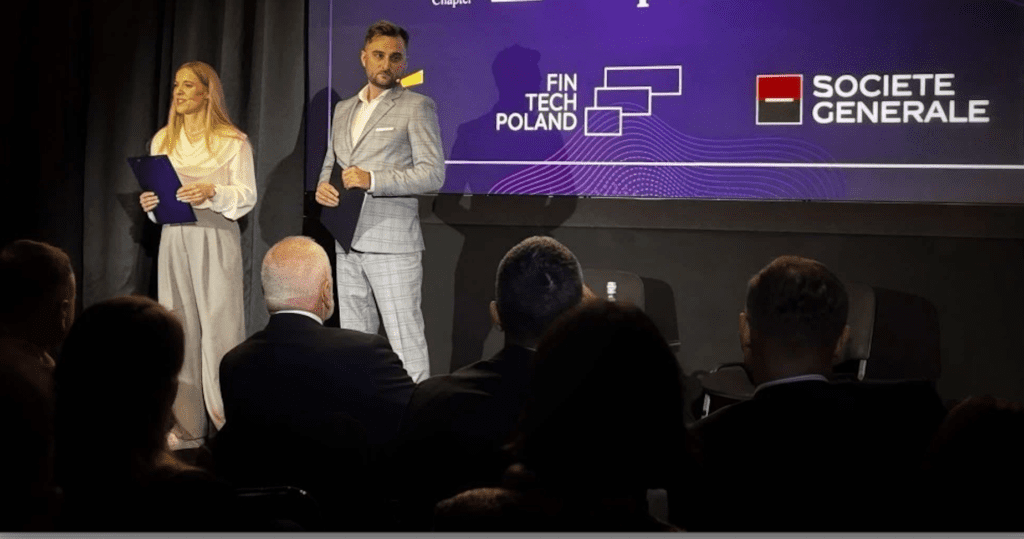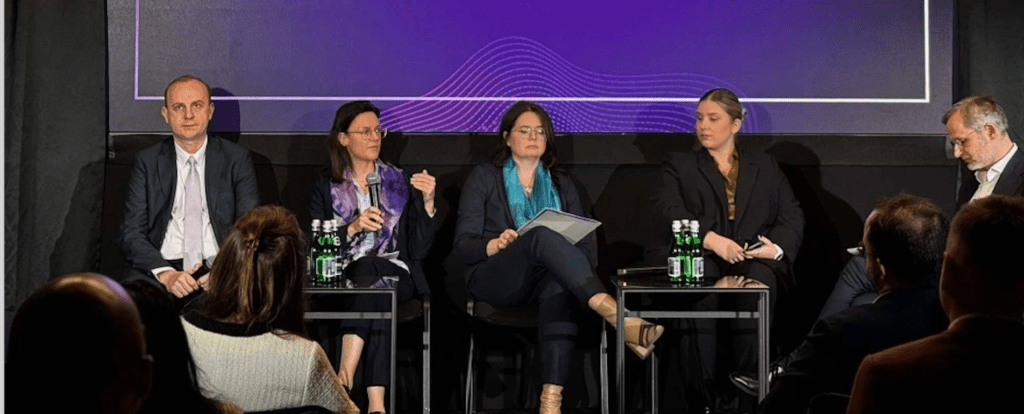
Santiago Arca Henón
Financial Crime Compliance Specialist, ING
As part of Warsaw Finance Week, the Fight FinCrime Forum recently took place in Poland.
Over four sessions, panellists discussed the challenges posed by the new EU AML package at both Polish and European levels. Here are some of my key takeouts from the forum:
EU’s AML Reforms: Regulatory Set up, Preparation and Predictions
In the opening session, Todd Clements (Complex Investigations, Citi) highlighted the importance of understanding the spirit of the AML legislation. He argued that the first and second lines of defence should focus on determining “what’s right” rather than “who’s right.”
Using the new politically exposed persons (PEPs) category as an example, which includes heads of regional and local authorities with over 50,000 inhabitants, Clements encouraged analysts to assess whether an individual actually holds political influence rather than strictly adhering to thresholds.
With regard to cooperation and access to information, Clements praised the creation of the AMLA as a significant step for the AML community. Meanwhile, Aneta Szmidt, Co-chair of the ACAMS Poland Chapter and Compliance Manager at DZP law firm, advocated for granting journalists access to ownership registries to help uncover financial crimes.
Current challenges from the perspective of Polish obligated institutions – panel discussion
Roxana Nadolska, Financial Crime Compliance Lead at ING Bank Śląski, noted that the EU AML package will “allow big FIs to streamline reporting standards, minimising redundancies.” While parent entities would set AML standards, local units would play a crucial “executive and supporting role” in policy implementation.

As Deputy Director in the Financial Crime Prevention Department at mBank (part of the Commerzbank Group), Małgorzata Bugalska highlighted challenges for large international banks, including harmonising client risk assessments across groups and collecting and verifying more comprehensive client data.
She recommended that FIs “avoid multiple customer outreaches across financial groups” and begin implementing changes as soon as possible, such as new periodic review cycles, without waiting for upcoming AMLA guidance or policy enforcement dates.
For her part, Justyna Przekopiak from PKO Bank Polski (Poland’s largest bank, serving 13 million clients) urged FIs to collaborate on creating a “single, national client document repository” to streamline client onboarding and due diligence processes across banks.
In response, Mariusz Sudoł from Nest Bank supported this idea but emphasized the need for regulator involvement. He suggested exploring the use of “blockchain technology to exchange information in a legitimate use.”
EU AML Packages vs Strategies for Effective De-risking in Financial Institutions
Monika Wieczorkowska, Head of Financial Crime Compliance at Danske Bank, downplayed the impact of the new AML package on risk management, stating that “risks are managed adequately now.”
She acknowledged “adjustments will be needed” to minimise potential operational risks. She also mentioned that the Nordic market has a lot of trust, and that following recent scandals, “all Nordic banks have started the same journey.”
Wieczorkowska encouraged second-line specialists to learn how AML-related models work and their potential failures, and not to fully rely on automation.
She deemed periodic reviews an “ineffective tool for risk management,” and that “regulators need to understand and feel comfortable with perpetual KYC” before implementing such processes.
This could be done, she argued, via pilots with small quantities of clients. Overall, she stated that the AMLA will “make life easier for Danske Bank” and that the bank is “prepared for it,” given its centralised second line of defence.
The Head of the AML Unit at Bank Millennium, Anna Maśniak-Kabala, provided a different perspective. She mentioned that with no guidelines from authorities or guide on how to conduct gap analysis, the implementation of the regulations will be difficult. She believes it will require hiring additional KYC resources and resolving IT backlogs caused by system changes.
Paweł Jaroszewicz, partner at PwC Poland (with over 1300 Financial Crime Unit employees) said the new regulations are an opportunity to implement automated client data gathering and GenAI for gap policy analysis. Since he expects “AMLA will conduct group-level inspections on data,” he recommends FIs to centralise data and analytic functions. The PwC partner said this is especially important for FI acquisitions, where systems may not be easily integrated.
Collaboration, Not Competition: How Banks and Fintechs are Sharing Intelligence to Beat Financial Crime
Visiting from Estonia, Siiri Grabbi (Sanctions/CTF Officer at Coop Pank) impressed the audience with insights into how Estonian FIs exchange information “in minutes.” According to Grabbi, banks immediately block outgoing transactions from their clients’ accounts when they receive information from other banks regarding potential fraud. She added, “the first step to sharing information externally is breaking down internal silos.” Similarly, Daniel Mazurek (MLRO at Binance) stated that the biggest challenge that banks face is understanding how illegal activities impact various internal departments, thus requiring a system-wide perspective.

Nik Wietlisbach, Financial Crime Officer at Société Général, argued that “no collaboration between banks leads to low quality suspicious activity reports, particularly for payments.” He cited the UK’s new authorised push payment (APP) reimbursement regulation as an opportunity for FIs to share intelligence on fraud prevention strategies. This could include information about preventing, detecting, and remediating such type of fraud not just by focusing on the perpetrators, but also the victims (clients potentially vulnerable to fraud).
While she endorsed intelligence sharing, Magdalena Jaczewska-Żurek, Senior Associate at Taylor Wessing also pointed out the difficulties of sharing information across jurisdictions (even within the same financial groups). She called for more regulatory guidance regarding what and how to share.
In sum, the Forum highlighted the need for collaboration and innovation to tackle financial crime and adapt to the evolving EU AML framework.
Share:
Follow us on:








